Home>diy>Planning & Engineering>What Is The Internship For A Landscape Architect


Planning & Engineering
What Is The Internship For A Landscape Architect
Modified: February 25, 2024
Discover the role of a landscape architect in planning-engineering. Learn how internships can help you gain valuable experience in this dynamic field.
(Many of the links in this article redirect to a specific reviewed product. Your purchase of these products through affiliate links helps to generate commission for Storables.com, at no extra cost. Learn more)
Introduction
Welcome to the exciting world of landscape architecture! If you are considering a career in this field, or if you are already pursuing a degree or certification in landscape architecture, you may have heard about the importance of internships. In this article, we will take a closer look at what internships in landscape architecture are all about, why they are crucial for aspiring landscape architects, and how you can make the most of your internship experience.
Landscape architecture is an interdisciplinary profession that combines art, science, and design to create outdoor spaces that are both functional and aesthetically pleasing. It involves the planning, design, and management of outdoor environments such as parks, gardens, campus grounds, urban spaces, and residential landscapes. Landscape architects work closely with clients, engineers, contractors, and other professionals to ensure that the final design meets the needs and aspirations of the users while respecting the natural and built environment.
Internships offer aspiring landscape architects the opportunity to gain hands-on experience and insight into the profession. They provide real-world exposure to the day-to-day tasks and challenges faced by landscape architects, allowing interns to develop their skills, expand their knowledge, and build a professional network. Internships also give interns the chance to work on actual projects, collaborate with experienced professionals, and contribute to the creation of sustainable and beautiful outdoor spaces.
Internships are especially valuable in the field of landscape architecture because they provide a bridge between the theoretical knowledge gained in the classroom and the practical skills required in the industry. They allow interns to apply and test their learning in real-life situations, while also learning new techniques, technologies, and strategies from experienced practitioners. Internships help interns develop a deeper understanding of the design process, project management, client relations, and the various technical aspects of landscape architecture.
Furthermore, internships offer aspiring landscape architects the opportunity to explore different sectors and specialties within the field. Whether it’s residential design, urban planning, ecological restoration, or public park development, internships allow interns to gain exposure to different areas of landscape architecture and discover their passions and strengths. This exploration can help interns make more informed career decisions and shape their professional trajectory.
In the next sections, we will dive deeper into the benefits of internships for landscape architects, provide tips for finding and applying for internships, discuss the duties and responsibilities of landscape architect interns, and share insights on how to make the most of your internship experience. So let’s get started on this exciting journey into the world of landscape architecture internships!
Key Takeaways:
- Internships in landscape architecture provide hands-on experience, industry insights, and networking opportunities essential for aspiring landscape architects to bridge the gap between theoretical knowledge and practical skills.
- Landscape architect internships offer the chance to develop design skills, technical knowledge, project management abilities, and professional networks, laying a strong foundation for a successful career in the field.
Overview of Landscape Architecture
Landscape architecture is a multidisciplinary profession that combines elements of art, science, and design to create outdoor spaces that are both functional and aesthetically pleasing. It involves the planning, design, and management of outdoor environments such as parks, gardens, campuses, residential landscapes, and urban spaces.
One of the primary goals of landscape architecture is to create spaces that enhance the quality of life for individuals and communities. Landscape architects work to improve the usability, sustainability, and beauty of outdoor spaces, while also considering factors such as environmental impact, social equity, and cultural significance.
The profession of landscape architecture encompasses a wide range of activities and responsibilities. Landscape architects are involved in site analysis and assessment, conceptual design, detailed planning, construction documentation, and project management. They collaborate closely with clients, engineers, horticulturists, and other professionals to develop comprehensive and sustainable design solutions.
When designing outdoor spaces, landscape architects take into account various factors such as topography, vegetation, land use, circulation patterns, and ecological systems. They aim to create spaces that are harmonious with the natural environment and meet the needs of the users, whether it’s creating parks that encourage physical activity, designing urban plazas that foster social interaction, or planning residential landscapes that provide privacy and tranquility.
Another important aspect of landscape architecture is the focus on sustainable and environmentally responsible design. Landscape architects incorporate principles of ecological design, water conservation, energy efficiency, and biodiversity preservation into their projects. They strive to create landscapes that are environmentally friendly, resilient to climate change, and promote the well-being of both humans and the natural world.
Landscape architecture is a profession that requires a combination of creativity, technical knowledge, and problem-solving skills. Landscape architects must have a strong understanding of design principles, plant materials, construction techniques, site analysis, and building codes. They must also possess excellent communication and collaboration skills, as they work with diverse stakeholders to bring their designs to life.
Overall, landscape architecture is a dynamic and rewarding profession that allows individuals to make a positive impact on the built environment. It offers the opportunity to create beautiful and functional outdoor spaces that enhance the well-being of individuals and communities, while also promoting sustainability and environmental stewardship.
Importance of Internships in Landscape Architecture
Internships play a crucial role in the development and success of aspiring landscape architects. They provide valuable hands-on experience, industry insights, and networking opportunities that cannot be replicated in a classroom or through academic studies alone.
One of the key benefits of internships is the opportunity to apply theoretical knowledge and classroom learning to real-world projects and scenarios. In landscape architecture, practical experience is essential to develop the skills needed to design and manage outdoor spaces effectively. Internships allow aspiring landscape architects to gain practical knowledge in areas such as site analysis, project planning, design implementation, and client collaboration.
Internships also offer exposure to the diverse range of tasks and responsibilities that landscape architects handle on a daily basis. Interns have the chance to work on various projects, collaborate with professionals from different disciplines, and understand the complexities and challenges involved in landscape architecture projects. This exposure helps interns develop a well-rounded skill set and a deeper understanding of the profession.
Furthermore, internships provide an invaluable opportunity to build a professional network. Interns have the chance to work closely with experienced landscape architects, learning from their expertise and gaining insights into the industry. Establishing relationships with professionals in the field can open doors to future job opportunities, mentorship, and collaborations.
Internships also allow aspiring landscape architects to discover their passions and interests within the field. Through exposure to different project types, sectors, and specialties, interns can explore and find their niche within landscape architecture. This self-discovery helps shape their career paths, enabling them to focus their skills and knowledge on areas they are truly passionate about.
In addition, internships help develop important professional skills such as project management, communication, teamwork, and problem-solving. By being part of a working landscape architecture team, interns learn how to meet deadlines, manage resources, communicate effectively with clients and colleagues, and find creative solutions to design challenges. These skills are invaluable as they progress in their careers as landscape architects.
Moreover, internships provide a platform for self-assessment and growth. Interns receive feedback from experienced professionals, allowing them to identify their strengths and areas for improvement. This feedback helps them enhance their skills, build confidence, and make progress in their professional development.
Overall, internships are a vital stepping stone for aspiring landscape architects. They provide practical experience, industry exposure, networking opportunities, and skill development that are essential for success in the field. By participating in internships, aspiring landscape architects can gain the necessary knowledge and experience to transition smoothly into their professional careers.
Benefits of Internships for Landscape Architects
Internships can be incredibly beneficial for landscape architects, providing a range of advantages that contribute to their personal and professional growth. Here are some key benefits of internships in the field of landscape architecture:
1. Practical Experience: Internships offer aspiring landscape architects the opportunity to gain hands-on experience and apply the knowledge they have acquired in their academic studies. By working on real-world projects, interns learn how to navigate the challenges and complexities of the profession, gaining practical skills and insights that are essential for success in their careers.
2. Industry Insights: Internships provide a unique opportunity to gain valuable insights into the industry and the day-to-day operations of landscape architecture firms. Interns get a firsthand look at the different phases of project development, from initial site analysis to final construction, allowing them to understand the intricacies of the profession and the various roles and responsibilities of landscape architects.
3. Networking: Internships allow interns to establish connections with professionals in the field, including landscape architects, engineers, designers, and potential employers. Building a strong professional network during internships can open doors to future job opportunities, mentorship, and collaborations. The relationships formed during internships can support career advancement and provide guidance throughout a landscape architect’s professional journey.
4. Skill Development: Internships provide a platform for interns to develop and refine essential skills required in landscape architecture. These include design techniques, project management, communication, problem-solving, and the utilization of software and other tools used in the industry. By engaging in real projects and working alongside experienced professionals, interns can enhance their skills and gain confidence in their abilities.
5. Exposure to Different Project Types: Internships offer interns the opportunity to work on a variety of projects, exposing them to different scales, sectors, and specialties within landscape architecture. This exposure allows interns to explore and discover their interests and strengths, helping them shape their career paths and make informed decisions about their professional trajectories.
6. Portfolio Development: Through participation in internships, landscape architects have the chance to contribute to real projects and add them to their portfolios. This tangible experience can greatly enhance their job prospects by showcasing their capabilities and demonstrating their ability to successfully deliver projects.
7. Personal Growth: Internships provide a platform for personal growth and self-assessment. By receiving feedback and guidance from experienced professionals, interns can identify their strengths and areas for improvement. This feedback helps them develop a growth mindset, continuously enhancing their skills, knowledge, and professionalism.
Overall, internships offer a wealth of benefits for landscape architects, including practical experience, industry insights, networking opportunities, skill development, exposure to various project types, portfolio enhancement, and personal growth. By taking full advantage of internships, aspiring landscape architects can greatly increase their chances of success and establish a strong foundation for their future careers.
Finding and Applying for Internships
Finding and applying for internships in landscape architecture requires a proactive approach and careful consideration. Here are some steps to help you navigate the process:
1. Research: Start by researching landscape architecture firms, design studios, government agencies, and other organizations that offer internships in your desired location. Look for firms that align with your interests and values and have a portfolio of projects that inspire you. Explore their websites, social media pages, and online job boards to gather information about their internship programs and application requirements.
2. Networking: Networking is valuable when looking for internships. Attend industry events, join professional organizations, and participate in conferences or workshops. Engage with professionals in the field and let them know about your interest in internships. They may have leads or recommendations that can help you find suitable opportunities.
3. Tailor Your Application: Each internship opportunity may have specific application requirements. Tailor your resume, cover letter, and portfolio to highlight relevant skills and experiences that align with the specific internship you are applying for. Research the organization and showcase your passion for their work in your application materials.
4. Prepare a Portfolio: Design a professional portfolio that showcases your best work and demonstrates your design skills. Include a variety of projects that demonstrate your range of abilities, such as site analysis, concept development, and technical proficiency. Make sure your portfolio is well-organized, visually appealing, and easy to navigate.
5. Utilize Online Job Boards and Websites: Many landscape architecture firms and organizations post internship opportunities on job boards and websites dedicated to the industry. Utilize online platforms like LinkedIn, Indeed, and specialized landscape architecture job boards to search for internship openings. Set up job alerts to receive notifications when new opportunities arise.
6. Internship Programs and Associations: Explore internship programs and associations specific to landscape architecture, such as those offered by professional associations like the American Society of Landscape Architects (ASLA). These programs often provide resources, networking opportunities, and support to help students and recent graduates find internships in the field.
7. Follow Application Instructions: Pay close attention to application instructions provided by each organization. Submit all requested documents, including a resume, cover letter, and portfolio, in the specified format and according to the deadline. Ensure that your application materials are well-written, free of errors, and tailored to the specific internship opportunity.
8. Follow Up: After submitting your application, consider following up with a brief email expressing your continued interest in the internship opportunity. This shows your enthusiasm and professionalism. However, be mindful of the organization’s communication preferences, as some may prefer not to be contacted after the application submission.
9. Be Open to Opportunities: It’s important to be open to different types of internships and locations. Landscape architecture is a diverse field, and internships can vary in terms of duration, scope, and focus. Consider internships that may not be directly aligned with your initial interests, as they can still provide valuable learning experiences and expand your skill set.
10. Prepare for Interviews: If you are selected for an interview, thoroughly research the organization, review your application materials, and practice common interview questions. Be prepared to showcase your knowledge, skills, and enthusiasm for landscape architecture. Dress professionally and bring copies of your resume and portfolio to the interview.
Remember, the process of finding internships can sometimes be competitive, so it is important to start early, be persistent, and remain open-minded. By leveraging your network, tailoring your application materials, and conducting thorough research, you can increase your chances of finding and securing a valuable internship opportunity in landscape architecture.
When applying for an internship as a landscape architect, highlight any relevant coursework, design projects, and software skills on your resume. Emphasize your passion for sustainable design and experience working with plant materials.
Read more: What Is A Green Landscape Architect
Duties and Responsibilities of Landscape Architect Interns
As a landscape architect intern, you will have the opportunity to work alongside experienced professionals and contribute to real-world projects. While specific duties and responsibilities vary depending on the organization and the scope of the internship, here are some common tasks you can expect to perform:
1. Assist with Site Analysis: As an intern, you may be responsible for assisting with site analysis, which involves researching and documenting characteristics of the project site, such as topography, climate, soil conditions, and vegetation. This information will serve as a foundation for the design process.
2. Participate in Design Development: Interns often have the chance to contribute to the design development phase of projects. This may involve creating design concepts, preparing design presentations, refining designs based on feedback, and utilizing computer-aided design (CAD) software to develop drawings and 3D models.
3. Produce Construction Documents: Landscape architect interns are typically involved in the preparation of construction documents. This may include generating detailed drawings and specifications that outline the materials, dimensions, and construction methods required for the implementation of the design.
4. Conduct Research: Interns may assist in conducting research on topics such as sustainable design practices, plant species selection, local building codes, and regulatory requirements. This research helps inform the design process and ensures compliance with relevant guidelines and regulations.
5. Collaborate with Team Members: Interns work closely with landscape architects and other team members, collaborating on design concepts, project presentations, and documentation. Effective communication and teamwork are essential to ensure smooth project coordination.
6. Attend Client Meetings: Interns may have the opportunity to attend client meetings, where they can observe and participate in discussions about project requirements, goals, and design preferences. This exposure helps interns develop client interaction skills and understand the importance of meeting clients’ needs.
7. Assist with Project Management: Landscape architect interns often assist with project management tasks, such as coordinating with contractors and subcontractors, tracking project progress, and managing project files and documentation. Interns may also help prepare project budgets and schedules.
8. Perform Site Visits: Interns may be involved in site visits to observe construction progress, assess site conditions, and gather information for documentation and analysis. These visits offer hands-on experience and help interns understand the implementation process.
9. Support Sustainable Design Practices: Landscape architecture interns are often encouraged to incorporate sustainable design principles into their work. This may include considering runoff management, water conservation, energy-efficient design, and the use of native plant species.
10. Continued Learning and Professional Development: Landscape architecture interns are expected to actively engage in learning opportunities, such as attending professional development workshops, participating in design critiques, and staying informed about current industry trends and technologies.
It’s important to note that as an intern, your duties and responsibilities may evolve over time, allowing you to take on more challenging tasks as you gain experience and demonstrate your capabilities. Don’t be afraid to ask questions, seek feedback, and take initiative in your intern role. Embrace the opportunity to learn and grow within the field of landscape architecture!
Skills and Knowledge Acquired During Internships
Internships in landscape architecture provide a valuable learning experience that goes beyond what can be taught in a classroom. Throughout your internship, you will develop a range of skills and acquire knowledge that will serve as a solid foundation for your future career in the field. Here are some of the key skills and knowledge areas you can expect to acquire during your internship:
1. Design Skills: Working on real-world projects as an intern allows you to enhance your design skills. You will have the opportunity to develop your ability to create site plans, develop design concepts, and produce detailed design drawings using software such as AutoCAD or SketchUp. Through feedback and guidance from experienced professionals, you will refine your design skills and learn how to effectively communicate your ideas visually.
2. Technical Knowledge: Internships provide a platform to gain technical knowledge specific to landscape architecture. You will learn about hardscape construction techniques, sustainable design practices, soil and water management, plant species selection, and other technical aspects of landscape architecture. This knowledge is essential for implementing designs that are functional, safe, and environmentally responsible.
3. Communication and Collaboration: Internships help develop essential communication and collaboration skills. You will interact with colleagues, clients, and other professionals within the industry, learning how to effectively communicate ideas, listen actively, and collaborate with others to achieve project goals. These skills are invaluable when working as part of a team and engaging with clients and stakeholders.
4. Project Management: Through internships, you will gain exposure to project management processes. You will learn how to handle tasks such as setting project scopes, managing budgets and schedules, coordinating with contractors and subcontractors, and monitoring project progress. Understanding project management principles and practices will be beneficial as you advance in your career and take on more responsibilities.
5. Environmental and Sustainable Design: Internships provide an opportunity to learn about and contribute to environmentally sustainable design practices. You will understand the importance of incorporating principles such as water conservation, native plant selection, and energy efficiency into your designs. Internships allow you to apply these concepts and contribute to the creation of environmentally responsible outdoor spaces.
6. Problem-solving Skills: During your internship, you will encounter various challenges and obstacles that require problem-solving skills. Whether it’s finding creative design solutions, addressing construction issues, or navigating project constraints, internships provide valuable opportunities to develop critical thinking and problem-solving abilities. This skillset is essential in the field of landscape architecture, where finding innovative solutions is a key component of successful project delivery.
7. Software Proficiency: Internships offer the chance to develop proficiency in various software programs commonly used in the field of landscape architecture. This may include CAD software such as AutoCAD or Vectorworks, graphics software like Adobe Photoshop or Illustrator, and modeling software such as SketchUp. Proficiency in these tools will enhance your efficiency and effectiveness when creating designs and presentations.
8. Understanding Codes and Regulations: Internships provide a valuable opportunity to familiarize yourself with local building codes, zoning regulations, and other statutory requirements. You will learn how to ensure that your designs comply with relevant laws and guidelines, which is essential for successfully navigating the design and approval process.
9. Professionalism: Internships allow you to develop professionalism in a real-world work environment. You will learn how to meet deadlines, manage your time effectively, communicate professionally, and conduct yourself in a manner that aligns with the ethics and standards of the profession.
10. Career Insights and Networking: One of the key benefits of internships is gaining insights into the profession and building a professional network. Throughout your internship, you will have the opportunity to observe and engage with experienced professionals, making connections that can lead to future job opportunities and mentorship.
Overall, internships provide a wealth of skills and knowledge that will benefit you throughout your career in landscape architecture. From design skills and technical knowledge to communication and project management abilities, the experiences and learning opportunities gained during internships will help shape you into a competent and well-rounded professional in the field.
Tips for Making the Most of a Landscape Architect Internship
Landscape architect internships offer a valuable opportunity to gain practical experience and develop essential skills in the field. To make the most of your internship and maximize your learning and growth, consider these tips:
1. Be Proactive: Take initiative and be proactive in seeking out learning opportunities. Ask questions, volunteer for projects, and express your interest in areas you want to explore further. The more engaged and proactive you are, the more you will learn and contribute during your internship.
2. Take Advantage of Mentorship: Seek guidance and mentorship from experienced professionals within the organization. Establish relationships with mentors who can provide valuable insights, advice, and career guidance. Embrace the opportunity to learn from their expertise and tap into their wealth of knowledge.
3. Observe and Learn: Take the time to observe and learn from the landscape architects and other professionals you work with. Pay attention to their design process, client interactions, and project management techniques. By observing and absorbing their approaches, you can gain valuable insights that will enhance your own skills and knowledge.
4. Request Feedback: Regularly seek feedback on your work and performance. Constructive criticism provides valuable opportunities for growth and improvement. Actively incorporate the feedback you receive, refining your skills and approaches based on the guidance provided.
5. Network within the Organization: Connect with professionals within the organization beyond your immediate team. Attend social events, lunch breaks, or team-building activities to build relationships with colleagues from different departments. Networking with a diverse group of professionals can provide a broader perspective and open doors to future opportunities.
6. Expand Your Skill Set: Use your internship as an opportunity to expand your skill set. Volunteer for tasks or projects that allow you to learn new software, techniques, or design disciplines. The more diverse your skill set, the more versatile and valuable you will be as a landscape architect.
7. Document Your Work: Keep a record of the projects you work on and the tasks you perform. Create a portfolio or a digital collection of your contributions throughout the internship. This will serve as a valuable showcase of your skills and accomplishments for future job interviews.
8. Embrace Collaboration: Take advantage of opportunities to collaborate with colleagues and other interns. Embrace a teamwork mindset, actively contribute ideas, and engage in productive discussions. Collaborating with others will not only enhance the quality of your work but also foster professional relationships.
9. Stay Curious and Inquisitive: Cultivate a sense of curiosity and maintain a desire to learn throughout your internship. Engage in professional development activities, attend webinars or workshops, and stay updated on industry trends and advancements. A curious mindset will help you continually grow and adapt in the evolving field of landscape architecture.
10. Reflect and Set Goals: Take time to reflect on your internship experience and identify areas for further growth. Set goals based on your reflections and discuss them with your supervisor or mentor. This will help ensure that you have a clear focus and direction for your development during the internship.
Remember, your internship is a stepping stone towards your future career as a landscape architect. By being proactive, seeking mentorship, continuously learning, and embracing collaboration, you can make the most of your internship and lay a strong foundation for a successful career in the field of landscape architecture.
Conclusion
Internships play a vital role in the journey of becoming a landscape architect. They offer aspiring professionals the opportunity to gain practical experience, develop essential skills, and build a professional network. Throughout internships, individuals have the chance to apply theoretical knowledge, learn from experienced practitioners, and contribute to real-world projects.
The importance of internships in landscape architecture cannot be overstated. They bridge the gap between classroom learning and professional practice, providing a deeper understanding of the profession and its diverse facets. Internships allow individuals to refine their design skills, expand their technical knowledge, and acquire project management and communication abilities.
Moreover, internships offer valuable insights into the industry, allowing interns to understand the day-to-day operations, project workflows, and challenges faced by landscape architects. By working closely with experienced professionals, interns gain exposure to different project types, specialties, and collaborations, helping shape their career paths and areas of expertise.
Internships also provide the opportunity to build a professional network. Establishing connections with landscape architects, mentors, and colleagues can open doors to future job opportunities, collaborations, and ongoing professional development. Building relationships within the industry is invaluable and can contribute to long-term career success.
To make the most of a landscape architect internship, it is important to take a proactive approach, seek feedback, observe and learn from experienced professionals, and embrace a mindset of continuous growth and curiosity. By actively engaging in the internship experience, individuals can enhance their skills, expand their knowledge, and establish a strong foundation for a successful career in landscape architecture.
Ultimately, participating in internships allows aspiring landscape architects to immerse themselves in the profession, gain practical experience, and develop the expertise necessary to create beautiful, sustainable, and functional outdoor spaces. Internships provide a valuable platform for growth, learning, and professional development, catapulting individuals towards a fulfilling and rewarding career in landscape architecture.
Frequently Asked Questions about What Is The Internship For A Landscape Architect
Was this page helpful?
At Storables.com, we guarantee accurate and reliable information. Our content, validated by Expert Board Contributors, is crafted following stringent Editorial Policies. We're committed to providing you with well-researched, expert-backed insights for all your informational needs.

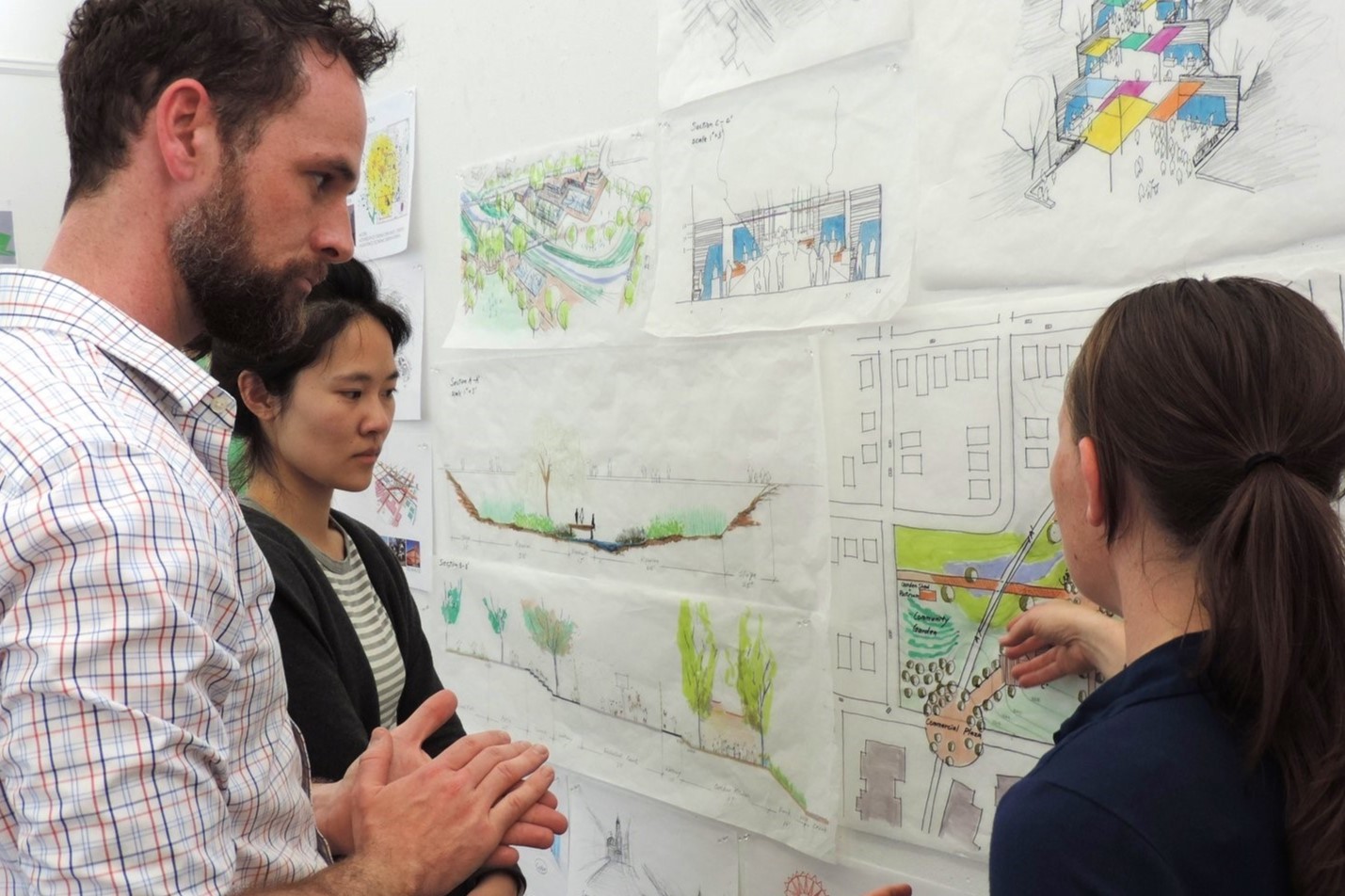

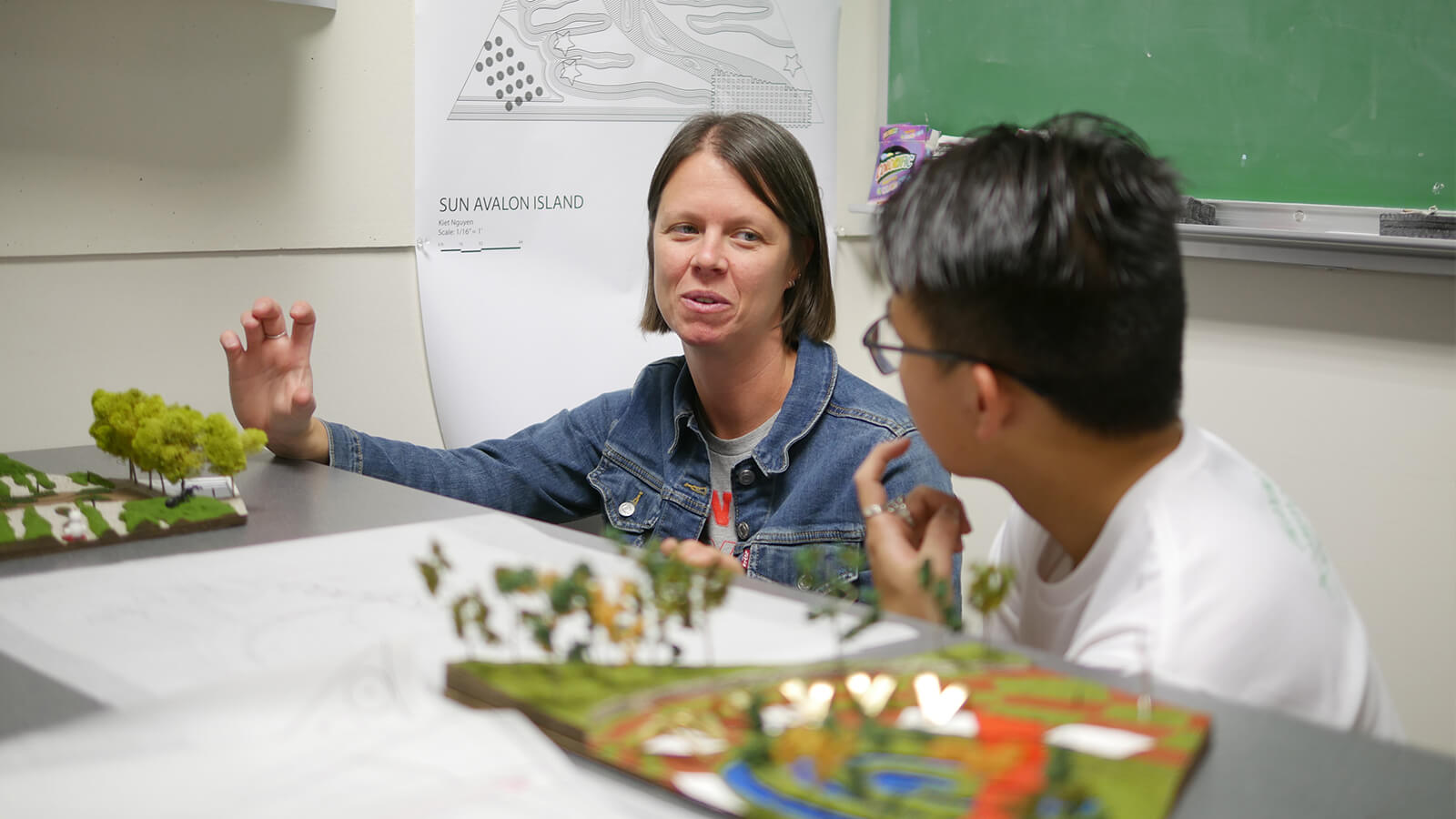
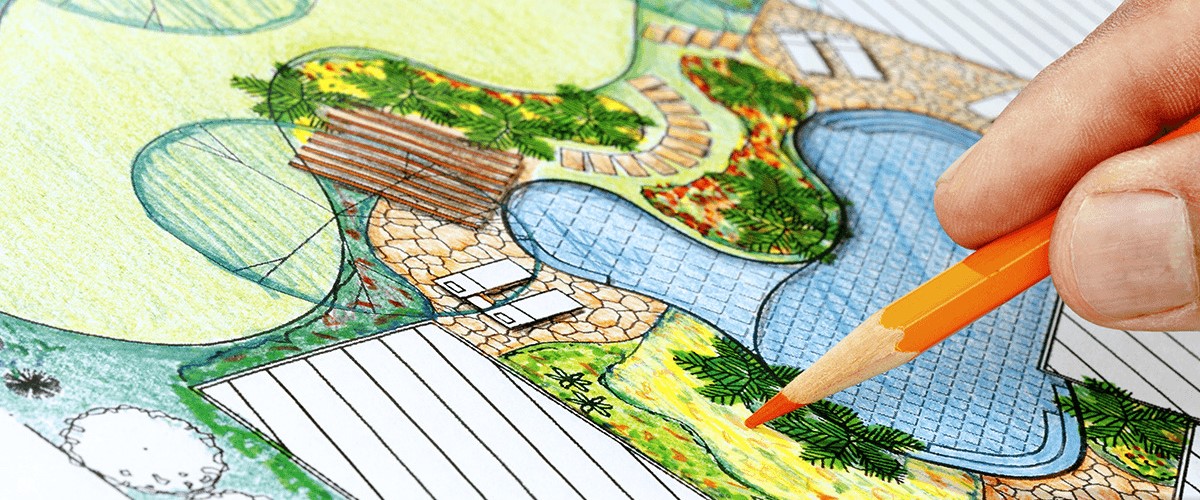
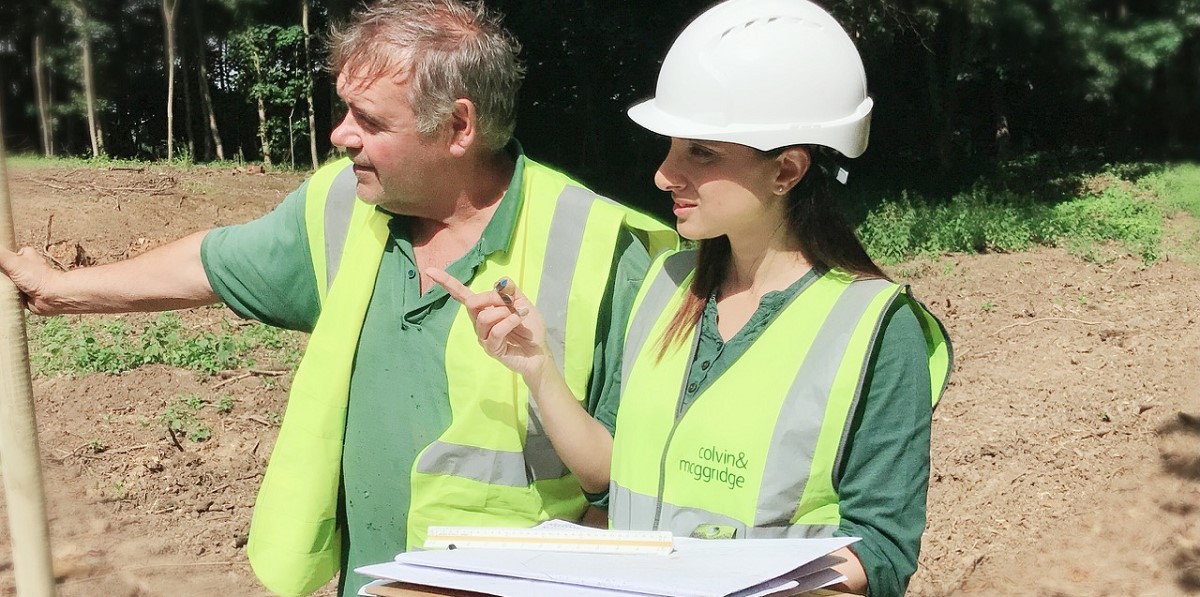




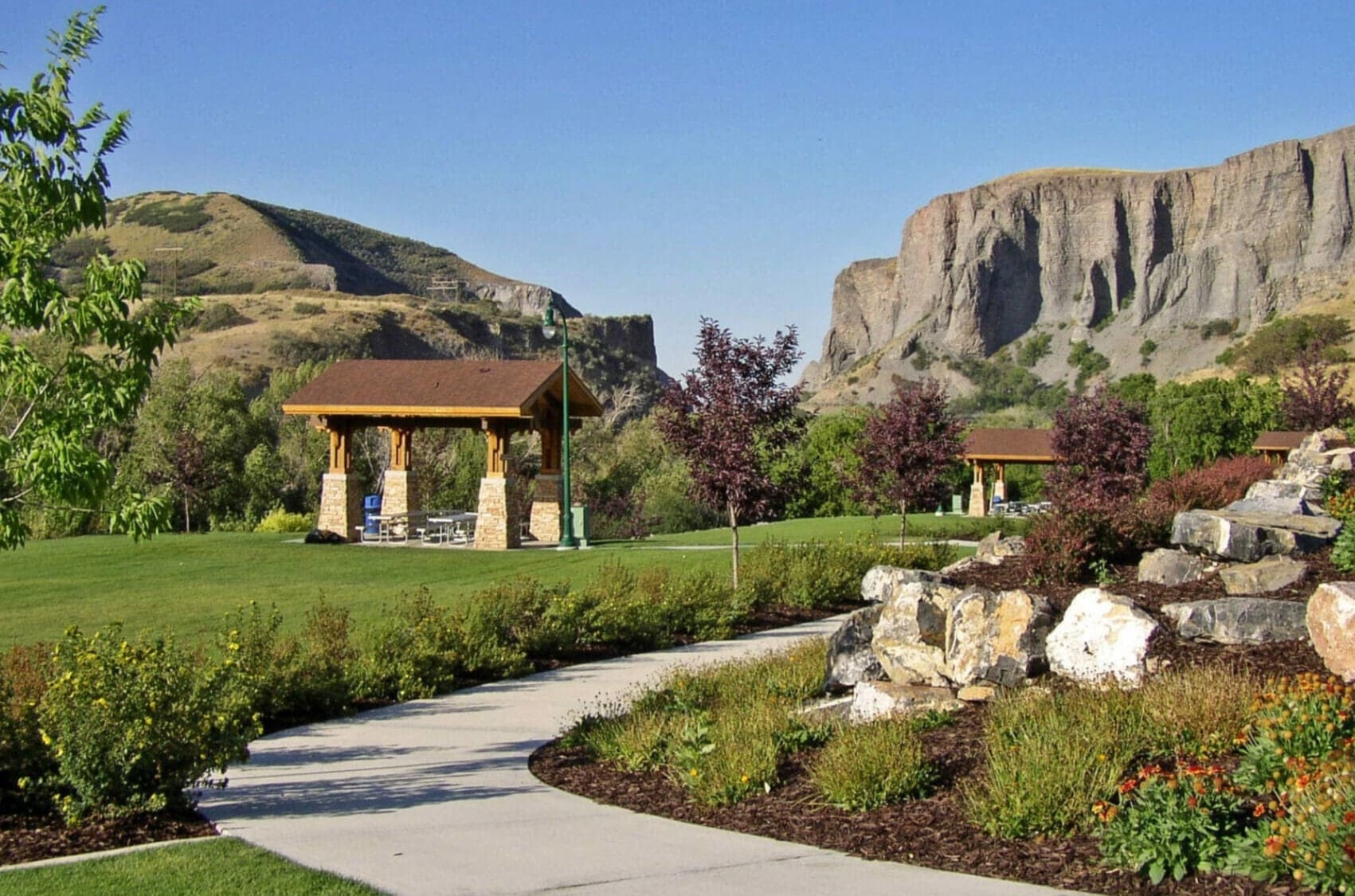




0 thoughts on “What Is The Internship For A Landscape Architect”